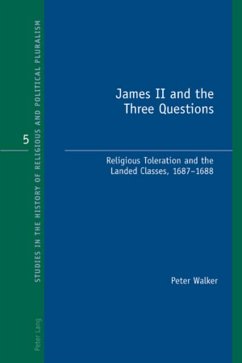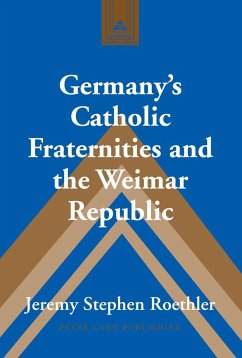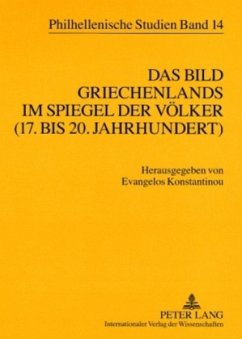
Confronting the Nazi War on Christianity
The "Kulturkampf Newsletters, 1936-1939- The Definitive English-Language Edition of the "Kulturkampf Newsletters- Edited and translated by Richard Bonney
Herausgegeben: Bonney, Richard J.
Versandkostenfrei!
Versandfertig in 6-10 Tagen
105,65 €
inkl. MwSt.

PAYBACK Punkte
0 °P sammeln!
Contemporaries and historians have found it difficult to interpret the ambiguous relationship between National Socialism and Christianity. Both the Catholic and Protestant Churches tended to agree with National Socialists in their authoritarianism, their attacks on socialism and communism, and their campaign against the Versailles Treaty; but the doctrinal position of the Churches could not be reconciled with the principle of racism, a foreign policy of unlimited aggressive warfare, or a domestic agenda involving the complete subservience of Church to State. Important sections of the Nazi Part...
Contemporaries and historians have found it difficult to interpret the ambiguous relationship between National Socialism and Christianity. Both the Catholic and Protestant Churches tended to agree with National Socialists in their authoritarianism, their attacks on socialism and communism, and their campaign against the Versailles Treaty; but the doctrinal position of the Churches could not be reconciled with the principle of racism, a foreign policy of unlimited aggressive warfare, or a domestic agenda involving the complete subservience of Church to State. Important sections of the Nazi Party sought the complete extirpation of Christianity and its substitution by a purely racial religion, but considerations of expediency made it impossible for the National Socialist leadership to adopt this radical anti-Christian stance as official policy.
The Kulturkampf Newsletters, which have not appeared in English since the 1930s, were produced by German Catholic exiles in France. They scrupulously document the tensions between various strands of Nazi policy, and the nature of the policy eventually adopted: this was to reduce the Churches' influence in all areas of public life through the use of every available means, yet without provoking the difficulties - diplomatic as well as domestic - which an openly declared war of extermination might have caused.
The Kulturkampf Newsletters, which have not appeared in English since the 1930s, were produced by German Catholic exiles in France. They scrupulously document the tensions between various strands of Nazi policy, and the nature of the policy eventually adopted: this was to reduce the Churches' influence in all areas of public life through the use of every available means, yet without provoking the difficulties - diplomatic as well as domestic - which an openly declared war of extermination might have caused.












